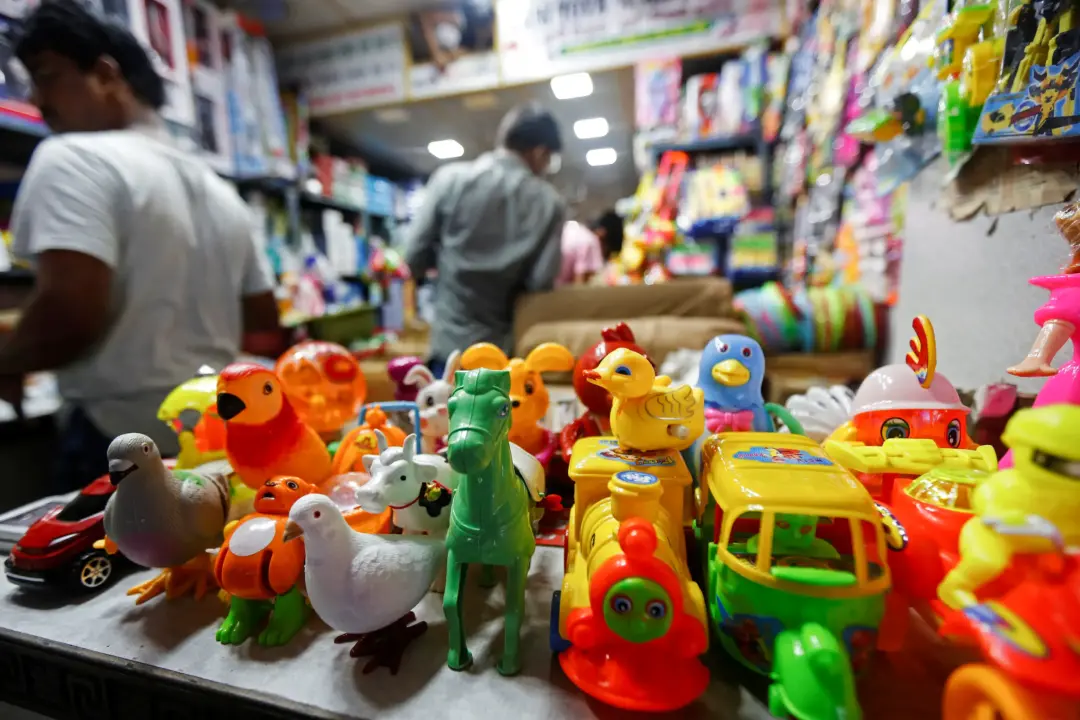‘RCEP did not reflect the aspirations of our small and micro medium industries,’ India’s minister of commerce said.
India has ruled out joining the China-led Regional Comprehensive Economic Partnership (RCEP) as the Chinese communist regime is “non-transparent” and its practices are “completely different from what the democratic world wants.”
“India is not going to join the RCEP because neither did it reflect the guiding principles on which ASEAN was started, nor is it in the nation’s interest to do a free trade agreement with China,” India’s Minister of Commerce and Industry Piyush Goyal told CNBC on Sept. 22.
RCEP was initiated by the 10 ASEAN countries, later joined by China, Japan, South Korea, Australia, and New Zealand. A free trade deal was signed by the 15 countries in November 2020 and took effect in January 2022. Although it’s the world’s largest free trade agreement by GDP of its members, RCEP is a loose organization and less active, as analysts pointed out.
According to a PricewaterhouseCoopers background on the agreement, when it came into effect, it was the world’s largest free trade agreement at about $26 trillion and with a population of 2.27 billion people of the signing parties.
China is the largest economy among the RCEP countries, and China’s ruling Communist Party (CCP) is the main drive pushing RCEP forward.
RCEP “was nothing but a free trade agreement with China,” Goyal said. “It was not in our farmers’ interest, RCEP did not reflect the aspirations of our small and micro medium industries and sector.”
He said there are fundamental differences between the interests of the CCP and India’s leadership.
“When you see from the lens sitting outside the country, you don’t realize how difficult it is to compete against a non-transparent economy, very opaque in its economic practices where both trading systems, political systems, the economy the way it is managed is completely different from what the democratic world wants.”
China is India’s largest trading partner. India’s exports to China in 2023 were $16.6 billion, while imports from China reached $101.7 billion, resulting in India’s trade deficit with China exceeding $85 billion.
Taiwanese economist Huang Shicong told The Epoch Times that RCEP is a very loose organization, and “CCP hopes to integrate it into a big market in the future, but in fact, there is not much going on in RCEP currently.”
Huang said because RCEP is a trade organization led by China, it is not beneficial for India to join.
“China and India are trade competitors to some extent. Many manufacturers go to either India or China to set up a production base. They are competing for the title of the world’s factory. Therefore, it seems that not joining RCEP may be a better strategy for India,” Huang said.
Yeh Yao-Yuan, assistant professor of Political Science at the University of St. Thomas, said that because China is not a democratic country or a country ruled by law, “it still determines whether it should allow exports or imports from certain country based on its bilateral relations with that country.”
Yeh said India’s decision not to join RCEP is “a very reasonable result.”
“It is even possible to have a closer connection with the United States by it [rejecting CCP-led RCEP].”

As to the effect of India’s decision on RCEP, Yeh told The Epoch Times that the major effect would be on the regional industrial chain the CCP is trying to form through RCEP.
“India has no intention to cooperate with China in the same regional industrial chain. It especially affects the CCP’s reorganization of the production chain of its Belt and Road Initiative, as it means that the layout of some products and production must be readjusted,” Yeh said.
Huang said that the market of RCEP would indeed be much less attractive without India, “because for Southeast Asian countries, their most important trading partners are India and China.”
Huang added that RCEP has always been a trade organization led by China, and the United States has many doubts and criticisms about it, adding that the United States will likely welcome India’s decision not to join.
Luo Ya contributed to this report.

